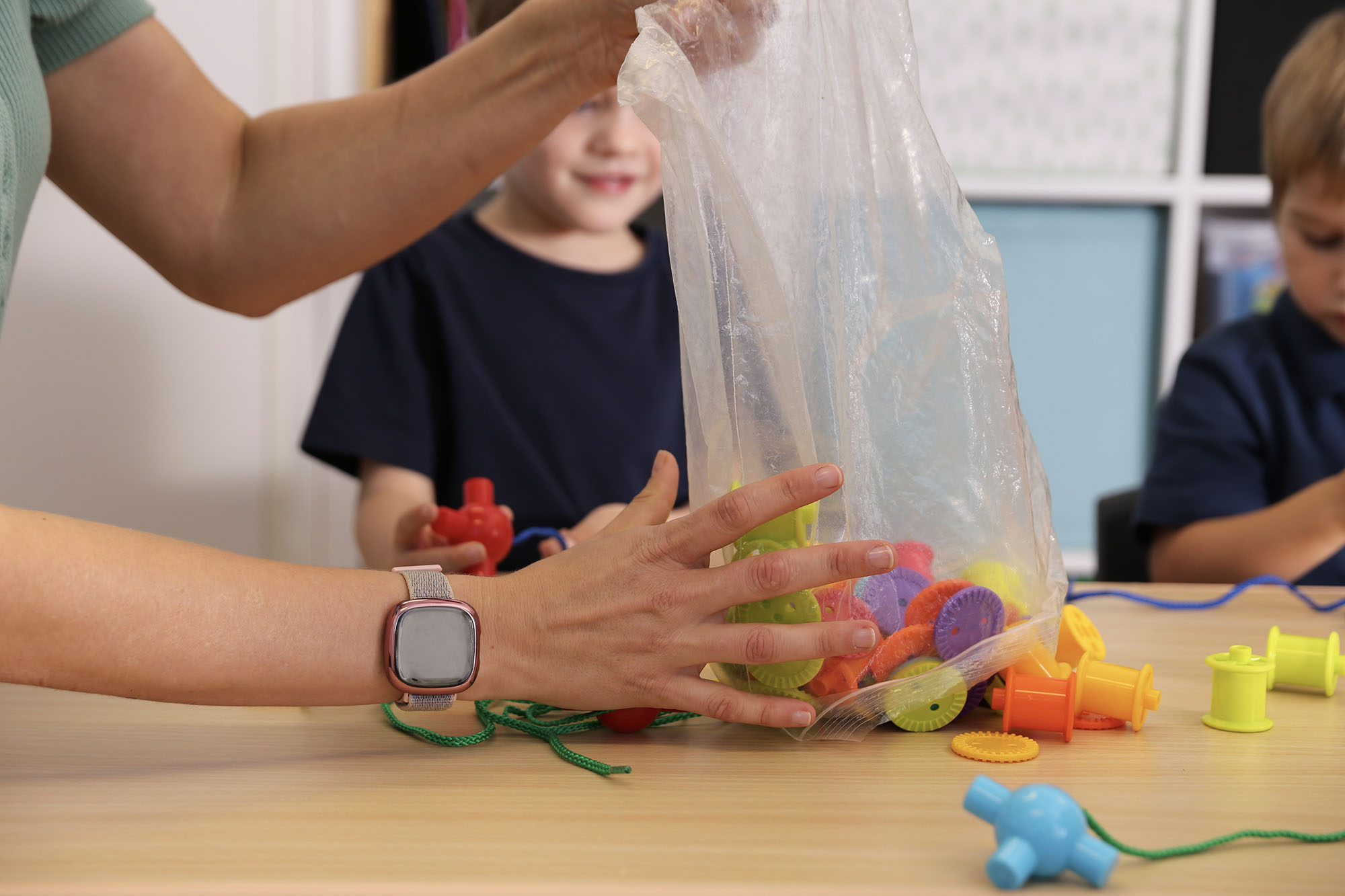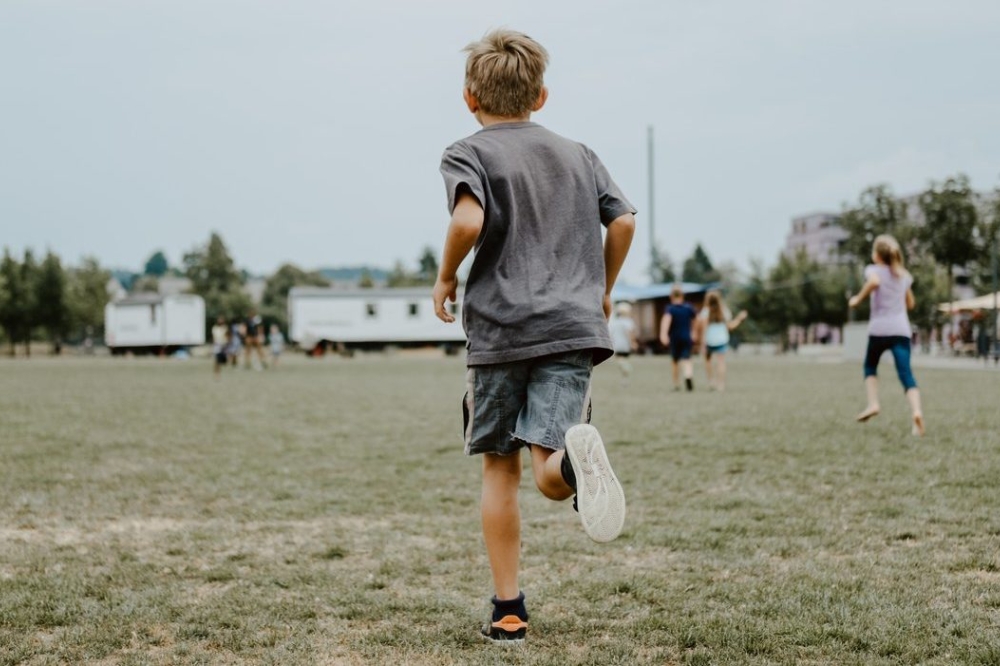- Occupational Therapy Services
- /
- Play & Social Skills
Play and Social Skills
Play is essential for children's growth and development, and vital for nurturing well-rounded skills.
Why is play important?
Play supports language development, communication, and social skills. It also plays a significant role in motor development, problem-solving, creativity, emotional understanding, self-regulation, learning, and attention. Play helps build confidence and independence in children. It typically begins with simple motor and sensory play and evolves into complex pretend play.

How can an occupational therapist help?
An occupational therapist (OT) can help your child develop their play and social skills to take part in activities and interact with others. The approach is designed to engage children in meaningful activities, improve their abilities, and enhance their participation in everyday tasks.
Your Youthrive OT will develop a personalised therapy plan based on your child’s unique needs and goals.
The therapist will use structured play activities tailored to your child’s developmental level and interests to enhance specific skills such as creating play narratives, role-playing, social interactions, collaborative play, problem-solving, and negotiation, while ensuring play is fun and enjoyable. Through play, children not only develop critical skills but also gain confidence and independence, positively impacting their overall development and wellbeing.










